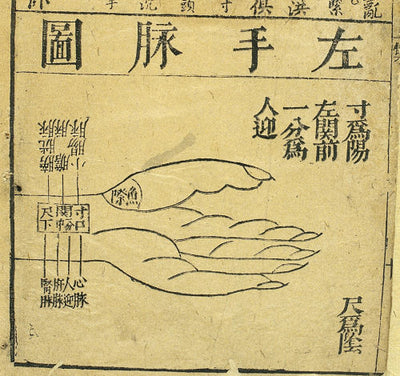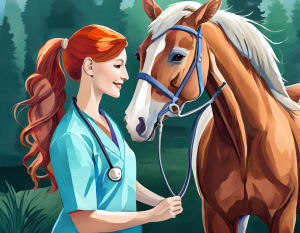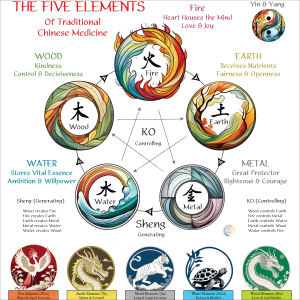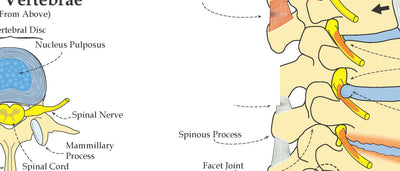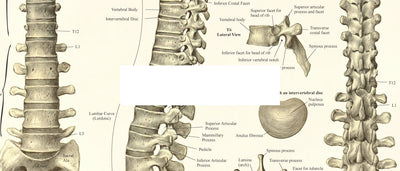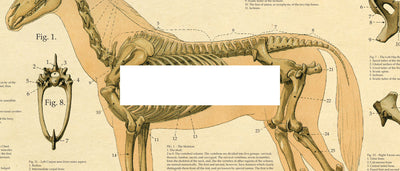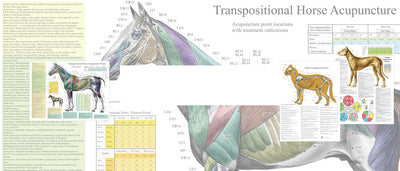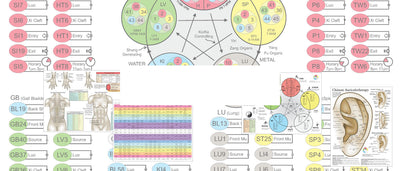Veterinary students are not only taught conventional medicine but are also introduced to acupuncture as an adjunct therapy. Among the pioneers is the Virginia-Maryland College of Veterinary Medicine, which has integrated acupuncture methods into its curriculum to equip future veterinarians with a broader spectrum of healing modalities. Acupuncture is used to treat chronic pain, musculoskeletal conditions and neurological disorders. This is a non-invasive, drug-free therapy that pet owners are embracing to help decrease pain and improve mobility.

The courses delve into the fundamentals of acupuncture, encompassing traditional Chinese medicine principles, meridian pathways, and acupuncture point locations specifically tailored to the anatomies of various animal species. Practical training is also emphasized, allowing students to gain hands-on experience by administering acupuncture under supervision.
Furthermore, the application of acupuncture in equine medicine has garnered notable attention. Horses, being high-performance animals often subjected to musculoskeletal strains and performance-related stress, stand to benefit from acupuncture as a supplementary therapeutic option. Veterinarians trained in equine acupuncture can provide comprehensive care to horses engaged in competitive sports or those suffering from ailments like lameness, arthritis, or even behavioral issues. Acupuncture has been shown to improving the performance and well-being of horses.
The acceptance of acupuncture within the veterinary community is growing, albeit with a degree of skepticism in some quarters. While empirical evidence supporting acupuncture's efficacy in veterinary medicine continues to accumulate, some veterinarians remain cautious, calling for further research to validate its therapeutic outcomes.
Despite the skepticism, the trend toward integrating acupuncture into veterinary education signals a paradigm shift in the approach to animal healthcare. As more veterinary colleges recognize the benefits of holistic therapies, the future generation of veterinarians is poised to offer a more comprehensive array of treatment options to enhance the well-being of animals.
In conclusion, the incorporation of acupuncture into veterinary colleges signifies a progressive step toward holistic animal healthcare. By embracing this ancient practice, veterinarians are better equipped to address the diverse medical needs of animals, ushering in a new era of integrative medicine in the field of veterinary care.
As the integration of alternative therapies gains momentum, the impact of acupuncture on animal health and welfare is poised to make a lasting impression, ensuring a more well-rounded approach to veterinary medicine for years to come.


